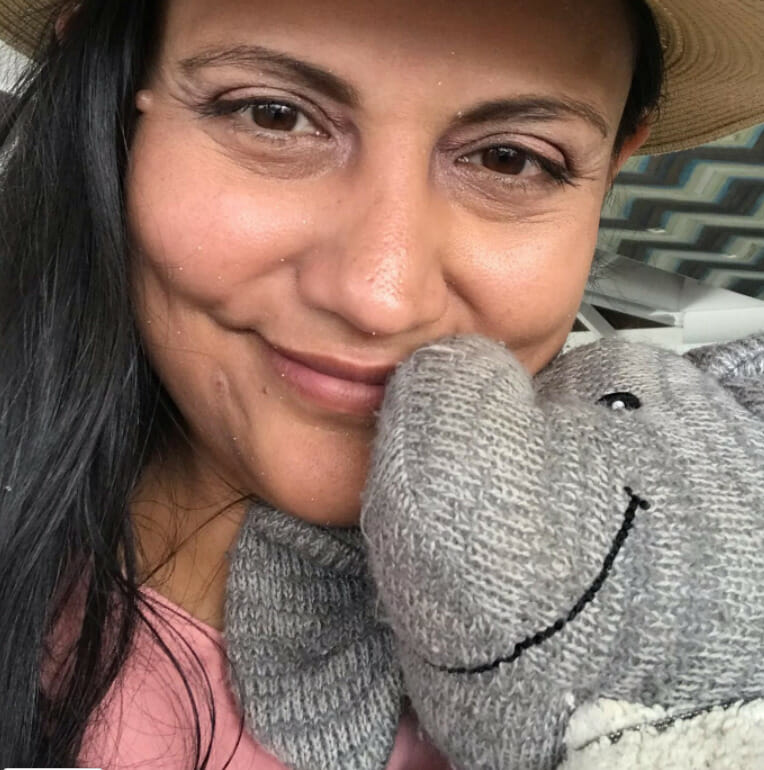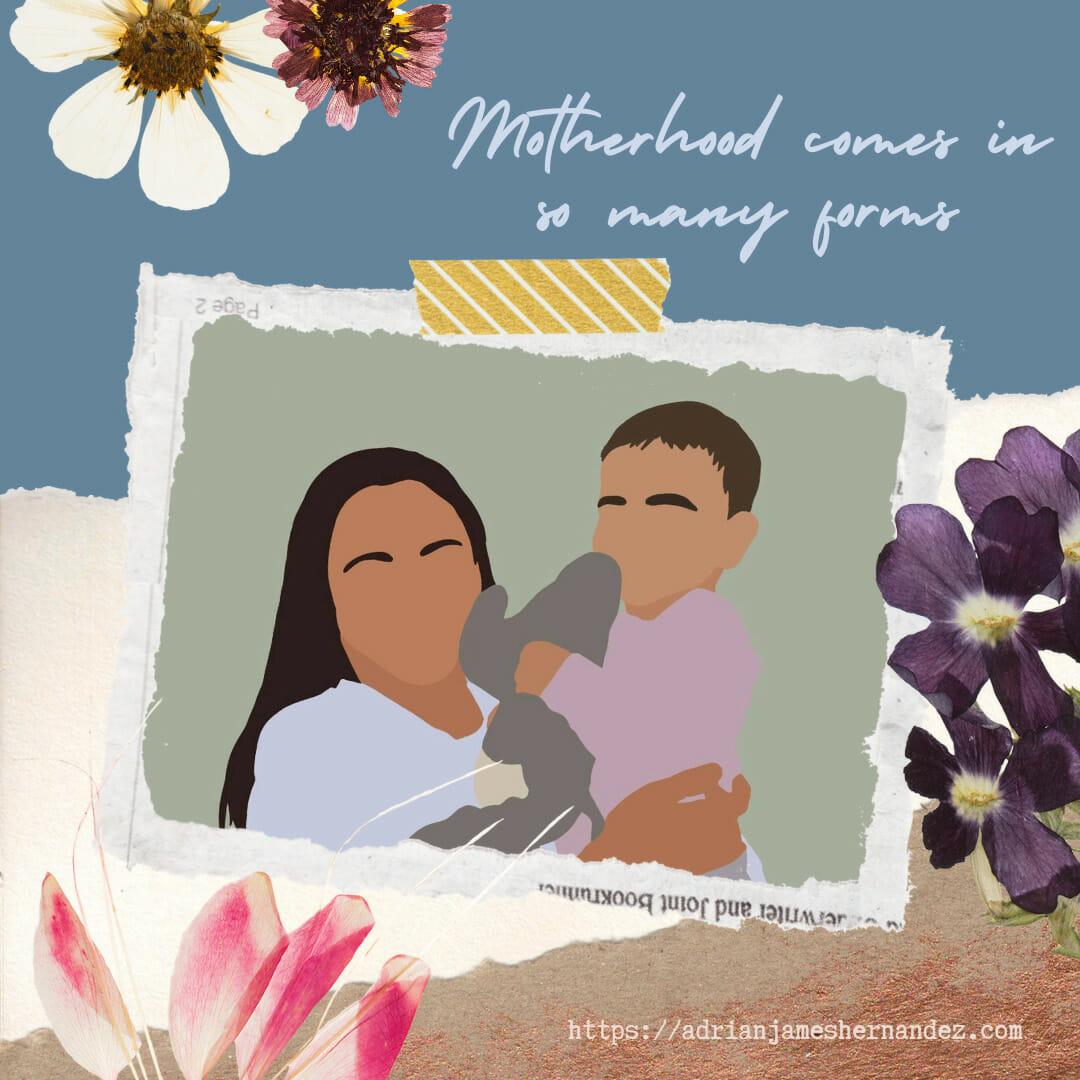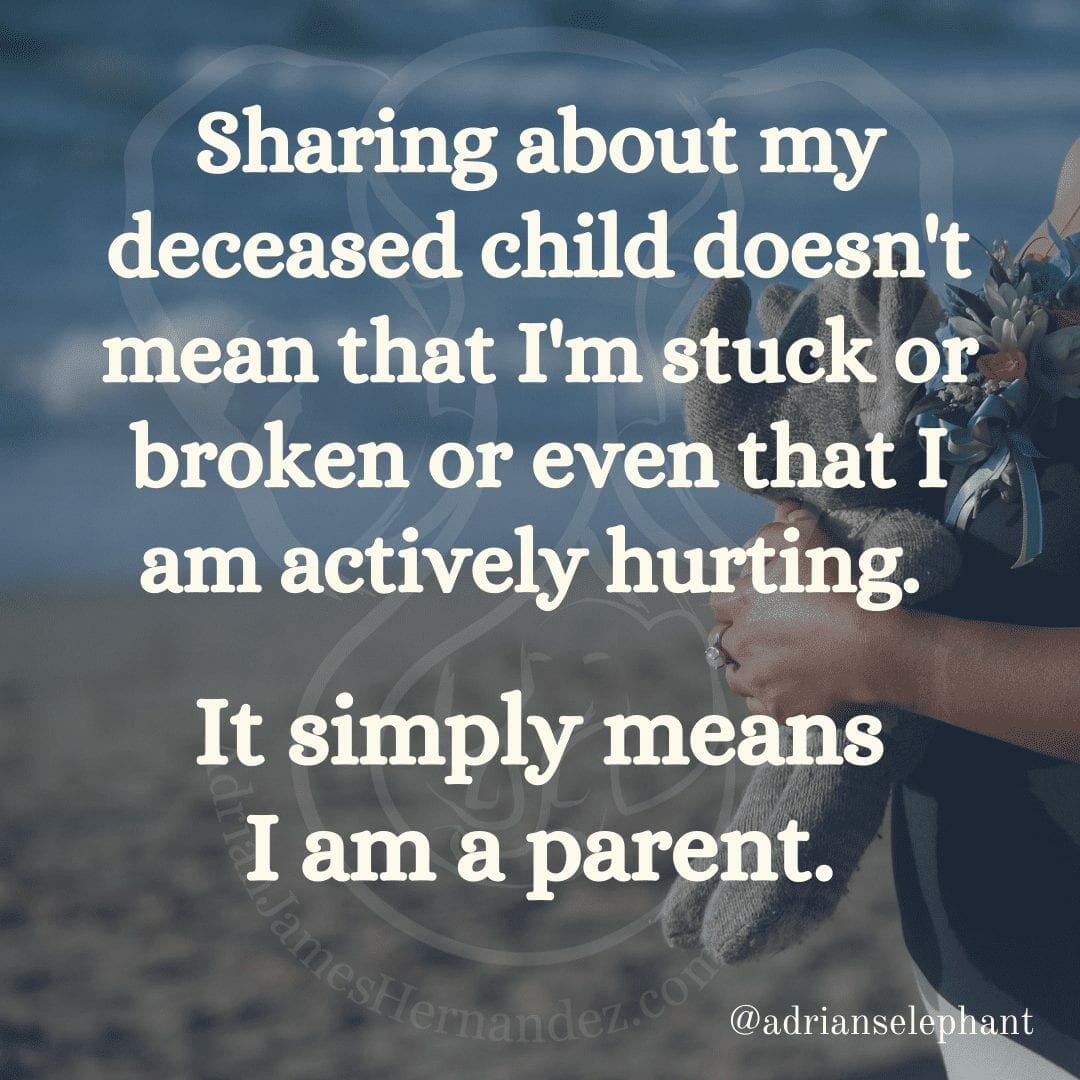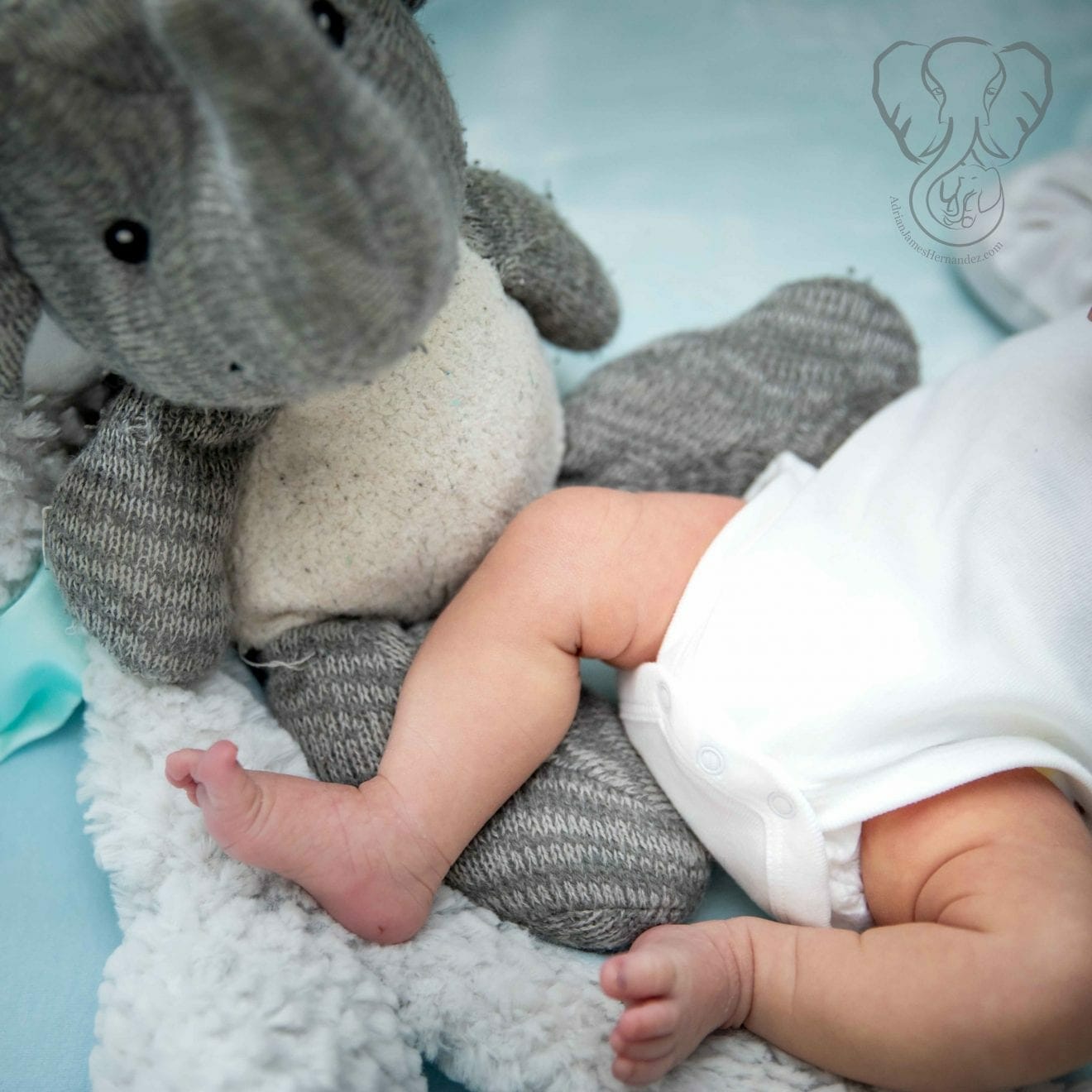There’s a trend in modern times of rejecting modernity. Of embracing simplicity; of following nature. For much of my life, I’ve tried to live this way. I’m a vegan. I do yoga. I recycle almost compulsively. These things make sense to me.
So when I became pregnant, it made sense to continue. After all, I reasoned, women have been having children for millennia. Did I really need a hospital childbirth with all the resultant procedures and contingencies? Even one hundred years ago, these things weren’t standard; these things that are now hallmarks of our time.
So I made some personal decisions: I hired a doula. I studied the Bradley method. I ended up choosing a hospital for delivery, but working with a team of midwives who were very hands off. I thought I was doing all the right things. I was the poster child for natural pregnancy. None of this saved my son. None of this saved me.
Related: Miranda’s Story: Problems in my Pregnancy?
In the months since my son died, I’ve had cause to reconsider my decisions. I’ve done more reading. I’ve been educated on real numbers about the risks of childbirth and the risks of medical v. expectant management.
This has been simmering in my mind for awhile and I think we need to talk about it. We live in a modern world and few of us eschew modern conveniences like toilet paper or electricity. But I conceived my son with the help of modern medicine, and I spent the rest of my pregnancy acting like I lived in another century. One hundred years ago, many pregnancy interventions didn’t exist, and I let myself believe that was the best way. What didn’t register with me was the other side of this story—one hundred years ago, without interventions, mothers and children often died.
So here’s the truth—nature isn’t perfect. Modern medicine is not the devil. Human bodies are capable of failure. I believe in checkups and blood pressure machines. I believe in prenatal vitamins and anatomy scans by ultrasound. I believe the benefits outweigh the risks of vaccines. I believe in balance, and I wasn’t practicing it.
If I had to do it all over again, I would still aim for minimal interventions. But I also would have asked more questions. I wouldn’t have let my pregnancy go overdue, especially given my age and symptoms. One hundred years ago, induction didn’t exist. That doesn’t mean I had to turn it down, today. That doesn’t mean there aren’t circumstances where interventions can be necessary. Induction would have saved my son. Induction would have saved me.
Even 1 in 2000 is 1 too many.
Related Posts:
Miranda’s Blog: A Letter to the Woman who Wants the “Perfect Natural Birth”
Pregnancy Blog: Stillbirth & Statistics; What Does it Mean to be “Rare”?








































































































































































